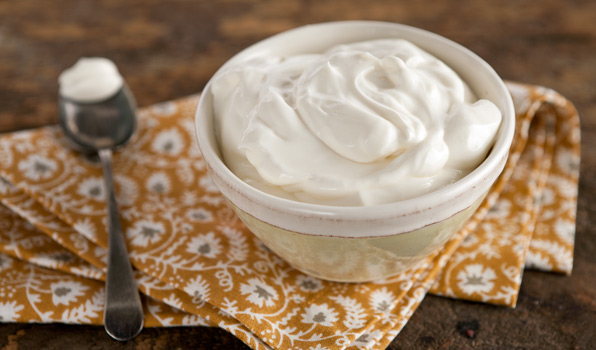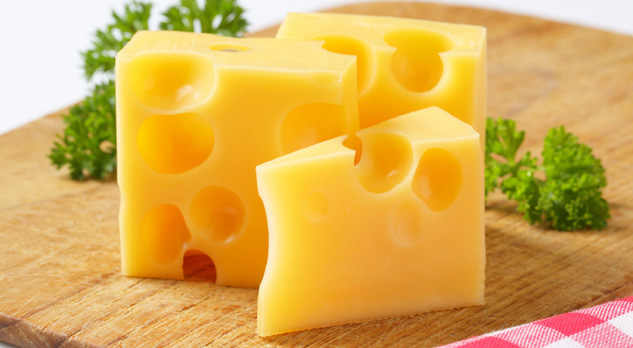From butter, margarine and crème fraîche to oils, spreads and cheese, these fats all form part of our daily diets whether eating out or at home. Cutting them out isn’t the answer to staying slim, but some fats should be favored as part of a healthy diet while others are best avoided. Here are a few tips to consider for a healthier approach to fats.
Butter
Up to 20g of butter per day can form part of a balanced diet. Butter is best eaten straight out of the pack, spread on fresh bread or melted over pasta. Try to avoid cooking it, though, as charred, blackened butter contains free radicals, which can be bad for health. When present in too high quantities, these can contribute to skin ageing and could be linked to illnesses like cancer, heart disease and neurodegenerative diseases. Reduced-fat butter is available with a fat content of 41%, with around 370 calories per 100g compared to nearer 745 calories for full-fat butter.

Margarine
Contrary to popular belief, margarine contains just as much fat as butter, with 84% fat for 14% water. However, the fats in the two products aren’t the same. Margarines often contain a high proportion of omega-6 fatty acids from sunflower oil, which, when consumed in high quantities, can increase the risk of cardiovascular disease. It’s better to choose a margarine that’s rich in omega-3 fatty acids, usually made mostly from rapeseed oil, and with a reduced fat content of around 65%.

Crème fraîche
Dieters can tuck into crème fraîche with no reason to feel guilty. Although some tubs contain 30% animal fat and 70% water, reduced-fat versions can cut fat content to 15%. A tablespoon of crème fraîche containing 3g of fat can soon cheer up a plate of veggies when mixed with some fresh herbs and a pinch of salt.

Oils
Oils are 100% fat, so low-fat versions aren’t an option. Still, healthy eaters should shun those with the highest saturated fat levels, like coconut oil and palm oil, in favor of oils richer in omega-3, such as rapeseed oil or nut oil (eaten uncooked). For cooking, pick olive oil over sunflower oil or peanut oil, as these contain high levels of omega-6. A tablespoon of oil a day is enough to maintain a healthy weight and ensure daily nutritional intakes. A tablespoon of olive oil or rapeseed oil is a great choice for salad dressings.
Related: Benefits of Using Coconut Oil in Your Beauty Routine

Spreads
There’s an abundance of low-fat spreads on the market these days, often with around 20% fat content. Although similar to margarines, these mainly water-based concoctions are only designed to be eaten straight out of the tub, rather than for cooking. Spreads are enriched with vitamins A and E, which gives them their yellow color. Try a 10g to 30g serving on toast for breakfast, for example.
Cheese
Cheese fans should opt for hard cheeses, like cheddar or Parmesan, which are rich in calcium. Emmental, for example, contains 300mg of calcium per 30g, which is around 30% of the recommended daily intake. Eat cheese in the morning or at lunchtime to prevent excess calories from being stored overnight. It’s also wise to avoid other sources of fat during a meal, like cut meats or dishes cooked in sauce, as a 30g portion of cheese adds 10g of fat or 150 calories.

– Cover Image: crossfitimpulse.com
– Source: AFP Relaxnews









